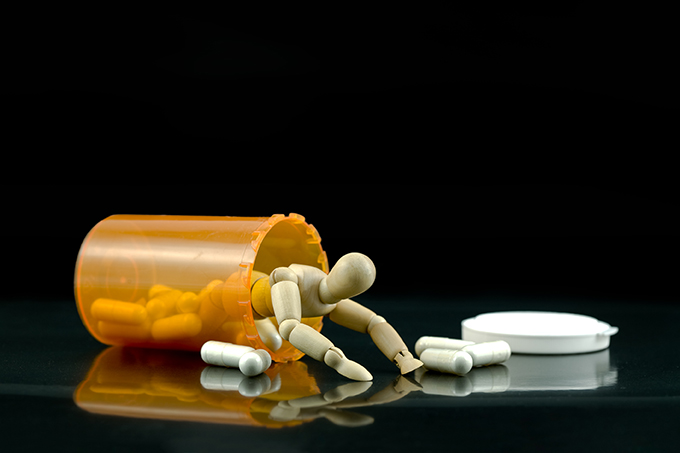Drug Addiction & Dependency

Do you feel like your relationship with drugs is ruining your life?
Do you feel your relationship with drugs is out of control?
Are you concerned about the impact of drugs on your life?
Are you looking for an understanding of the risk associated with drug misuse?
How we can help
Drug addiction or dependency on drugs can become part of our lives for many different reasons. The effects that drug addiction has on your physical and mental health can often become harmful long before you realise it. This makes it hard to break or change drug use patterns.
Emotions such as guilt and shame associated with drug misuse often prevents people from seeking support at an early stage. Accessing support from people who understand drug addiction and dependency enable you to change patterns of use and maintain them.
We can support you via a range of therapeutic methods and these are discussed with you after we have carried out an initial assessment. Your treatment plan is developed with your needs and expectations at the forefront. We build a transparent, trusted partnership which enables you to take control and move forward whether you have a long term or short term relationship with drugs.
Addiction & Dependency – Adults
The reasons people use drugs varies from person to person. Whatever the reason use of drugs can lead to drug addiction or dependency. Whilst it is possible that some people are able to use recreational or prescription drugs without experiencing negative effects, others find that substance misuse takes a serious toll on their health and well-being.
Drug addiction is not about the type, amount or frequency of the substance consumed but about the consequences of its use. If your drug use is causing problems at work, school, home, or in your relationships it is likely that you have a drug abuse or addiction problem.
Addiction & Dependency – Young People
Neglect:
Parents who abuse alcohol may struggle to be present for their child, stay organised and give them consistent support. They may struggle to keep the family home clean and safe. They may not be able to recognise or respond to their own or their child’s physical needs. They may struggle to pay for food, clothing and bills if their money is primarily being spent on drugs. They may leave harmful substances or equipment such as syringes lying around/ in reach of children. Parents may become unconscious after drug use leaving the child at risk.
Emotional Abuse:
Parents/carers who use drugs may struggle to be emotionally available and present with their children. A mother who is struggling with a drug problem may be less responsive to the needs of their baby, may be less willing to engage in meaningful play and may be less able to respond to their baby in ways that encourage further interaction. In addition to this, parents/carers who abuse substances can behave in unpredictable ways.
Physical Abuse:
Parents/carers who abuse substances can struggle to manage their emotions. This can lead to angry outbursts and physical violence.
Impact on brain development:
Experiences of parental abuse and neglect are known as adverse childhood experiences (ACEs). When children experience adverse childhood events it can have an impact on the development of their brain. This can lead children to have poor impulse control, difficulties with learning and memory and a weakened immune system. The more adverse childhood experiences that occur the greater the risk of physical health conditions, such as cardiovascular diseases, in adulthood.
Psychological Effects:
- They may constantly think about their parent/carer’s substance misuse
- A young person may blame themselves for their parent/carer’s substance misuse
- They may have a lot of absences from school which can lead to poor educational attainment and a lack of confidence in themselves
- They may struggle to develop healthy relationships with others
- Young people who have been exposed to parental substance misuse may develop behavioural, emotional or cognitive difficulties.
Other Effects:
Opiate Use
We can support you in conjunction with your health professional to reduce or stop dependency.
Family & Friend Support
We understand the toll that drug addiction takes on supporting family and friends. Understanding addiction and implementing healthy boundaries between you and the person you are supporting is extremely important. We can provide you with the tools and support you need.
Prescription Medication
We can support you in conjunction with your health professional to reduce or stop dependency on prescription medication.
